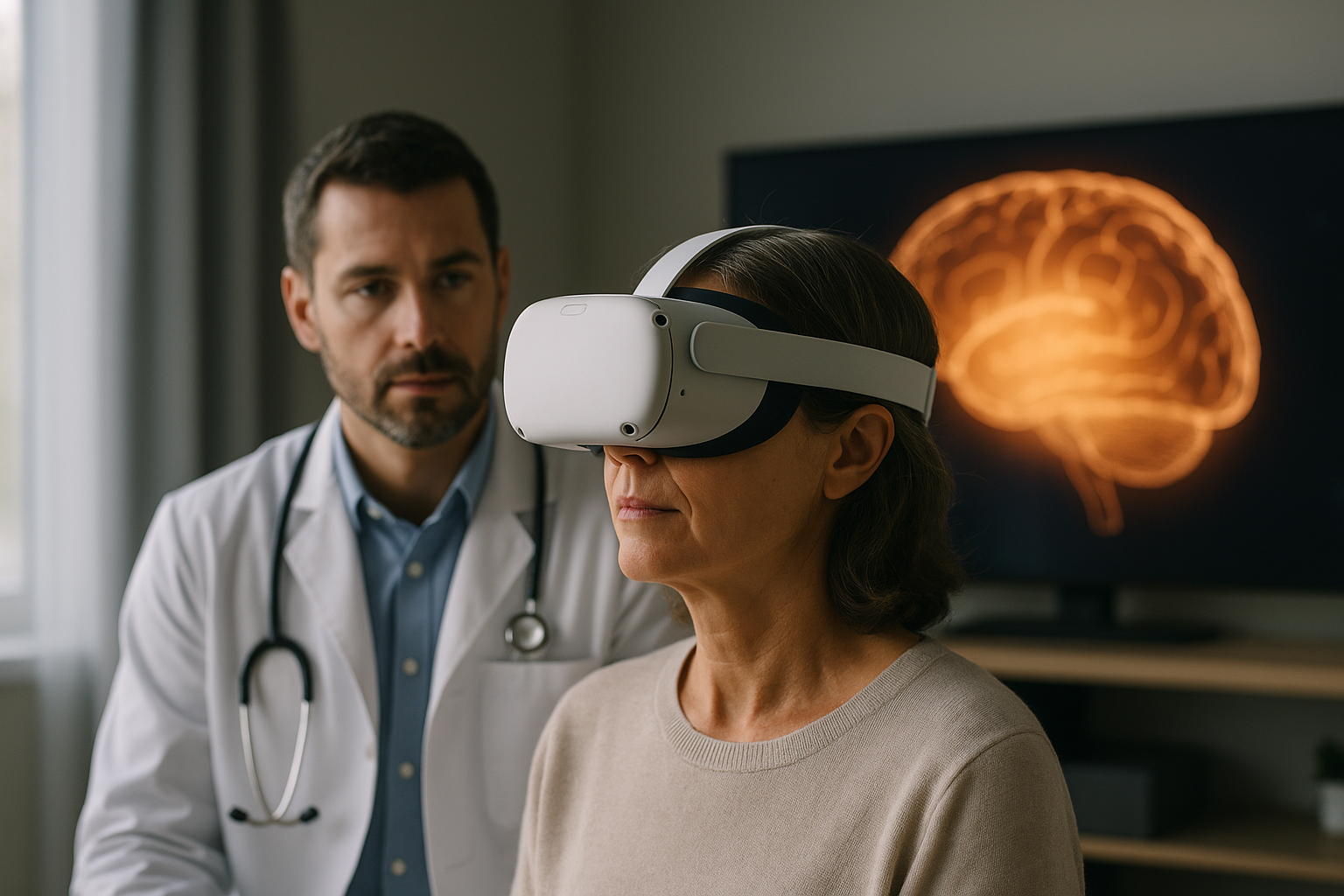Understanding Alzheimer's Treatment: Current Approaches and Future Prospects
Alzheimer's disease is a progressive neurological disorder that affects millions of people worldwide. As our understanding of this complex condition evolves, so do the treatment options available to patients and their caregivers. This article explores the current landscape of Alzheimer's treatment, including medications, care strategies, and emerging therapies.

What are the primary goals of Alzheimer’s treatment?
The main objectives of Alzheimer’s treatment are to slow the progression of cognitive decline, manage behavioral symptoms, and improve the quality of life for patients. While there is currently no cure for Alzheimer’s disease, various treatment approaches aim to:
-
Maintain cognitive function for as long as possible
-
Manage behavioral and psychological symptoms
-
Provide support for daily living activities
-
Enhance overall well-being for both patients and caregivers
Treatment strategies often involve a combination of pharmacological interventions and non-drug therapies, tailored to the individual needs of each patient.
What medications are commonly used to treat Alzheimer’s disease?
Several medications have been approved by the U.S. Food and Drug Administration (FDA) for the treatment of Alzheimer’s disease. These drugs fall into two main categories:
-
Cholinesterase inhibitors: These medications work by increasing levels of acetylcholine, a neurotransmitter involved in memory and learning. Examples include donepezil, rivastigmine, and galantamine.
-
N-methyl D-aspartate (NMDA) receptor antagonists: These drugs regulate glutamate, another neurotransmitter important for brain function. Memantine is the primary medication in this category.
In some cases, combination therapies using both types of medications may be prescribed. It’s important to note that while these drugs can help manage symptoms, they do not stop the underlying progression of the disease.
How does Alzheimer’s care complement medication in treatment?
Alzheimer’s care is a crucial component of comprehensive treatment, often working in tandem with medication to provide holistic support for patients. Key aspects of Alzheimer’s care include:
-
Creating a safe and structured environment
-
Establishing routines to reduce confusion and anxiety
-
Providing cognitive stimulation through activities and exercises
-
Offering emotional support and companionship
-
Assisting with activities of daily living, such as bathing and dressing
-
Ensuring proper nutrition and hydration
Caregivers, whether family members or professional care providers, play a vital role in implementing these care strategies and maintaining the patient’s quality of life.
What non-pharmacological approaches are used in Alzheimer’s treatment?
In addition to medication and traditional care, several non-pharmacological approaches have shown promise in managing Alzheimer’s symptoms:
-
Cognitive stimulation therapy: Engaging in activities that challenge the mind, such as puzzles, games, and memory exercises
-
Physical exercise: Regular physical activity to improve overall health and potentially slow cognitive decline
-
Art and music therapy: Creative activities that can enhance mood and cognitive function
-
Reminiscence therapy: Using past experiences to promote positive feelings and improve communication
-
Aromatherapy and massage: Alternative therapies that may help reduce agitation and improve sleep quality
These approaches are often used in combination with traditional treatments to provide a more comprehensive care plan for Alzheimer’s patients.
What are some unique insights about Alzheimer’s treatment in the United States?
In the United States, Alzheimer’s treatment has seen significant advancements and challenges:
-
Clinical trials: The U.S. leads in the number of Alzheimer’s clinical trials, offering patients access to cutting-edge experimental treatments.
-
Caregiver support: There’s a growing recognition of the importance of caregiver support, with more resources and programs becoming available.
-
Telemedicine: The adoption of telemedicine has improved access to specialized care for patients in rural or underserved areas.
-
Personalized medicine: Research is increasingly focused on tailoring treatments to individual genetic profiles and risk factors.
-
Early detection: Advances in neuroimaging and biomarker research are enabling earlier diagnosis and intervention.
These developments are shaping the landscape of Alzheimer’s treatment and care in the country.
What are the latest advancements in Alzheimer’s treatment research?
Recent years have seen exciting developments in Alzheimer’s treatment research:
| Treatment Approach | Description | Current Status |
|---|---|---|
| Aducanumab | Monoclonal antibody targeting amyloid plaques | FDA approved in 2021, controversial efficacy |
| Lecanemab | Another amyloid-targeting antibody | Promising results in clinical trials |
| Tau-targeting therapies | Drugs focusing on tau protein aggregation | In various stages of clinical trials |
| Gene therapy | Modifying genes associated with Alzheimer’s risk | Early-stage research |
| Stem cell therapy | Using stem cells to regenerate brain tissue | Experimental, still in research phase |
Prices, rates, or cost estimates mentioned in this article are based on the latest available information but may change over time. Independent research is advised before making financial decisions.
While these advancements offer hope, it’s important to note that many are still in the research or early approval stages. Patients and caregivers should work closely with healthcare providers to determine the most appropriate treatment options based on individual circumstances and the latest available evidence.
In conclusion, Alzheimer’s treatment is a multifaceted approach that combines medication, care strategies, and emerging therapies. As research continues to advance our understanding of this complex disease, new treatment options are likely to emerge, offering hope for improved outcomes and quality of life for those affected by Alzheimer’s disease.
This article is for informational purposes only and should not be considered medical advice. Please consult a qualified healthcare professional for personalized guidance and treatment.




